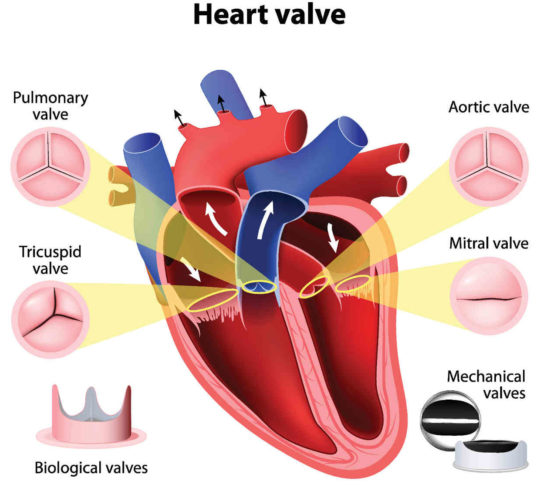Is your heart healthy? Currently, you may not be experiencing any heart issues, but that doesn’t mean a serious condition isn’t developing inside your chest. If you have a family history of heart problems and currently aren’t living the healthiest lifestyle, you are at a higher risk of developing major heart problems, including mitral valve disease, a heart attack, or stroke. The best thing you can do is take preventative measures to protect your heart.
What are some preventative measures? There are plenty of things a person can do to be heart healthy. By adding these below suggestions to your everyday life, your heart will thank you. In fact, you may feel generally better from all the positives changes you’ve made to your lifestyle.
Preventative measures to stay heart-healthy include:
- Eating a balanced, healthy diet filled with good fats, vegetables, fruit, whole grains, and lean proteins.
- Exercise! Being active daily is important. Aim for at least 30 minutes of activity daily. Sometimes, it can be hard to get up and move. We all enjoy relaxing and being lazy from time to time. Try to choose activities that you find fun. Dancing, biking, walking, lifting weights, Zumba class, and yoga are just a few examples of great ways to get in your daily activity.
- If you’re overweight, make the conscious decision to drop some weight. Excess weight puts stress on your heart and arteries.
- If you have high blood sugar, high cholesterol, or high blood pressure, this is your opportunity to make diet changes to help bring your levels back to normal. Every person is different, so it’s best you talk to your doctor about what diet changes are right for you to manage your blood pressure or sugar levels.
- Quit smoking.
- Get at least 6 to 8 hours of sleep at night.
- Find ways to reduce your daily stress, whether you choose to meditate, read a book, talk to a friend, or watch a favorite TV show.
Not all heart-related diseases can be prevented; however, it is in your best interest, whether or not you’ve been diagnosed with a heart-related issue, to try to live the healthiest life possible.
If you’ve been diagnosed with mitral valve disease and need surgery, Dr. Peter Mikhail is a specialist in mitral valve surgery in New Port Richey, Florida. To learn more, click the Mitral Valve Surgery page, or call 727-312-4844.




